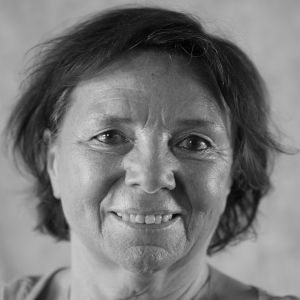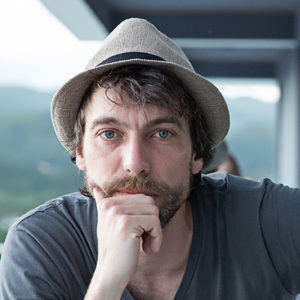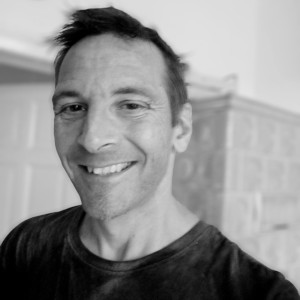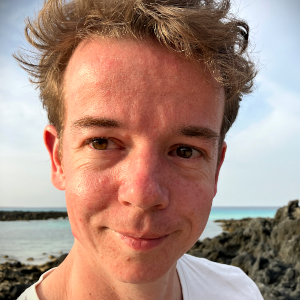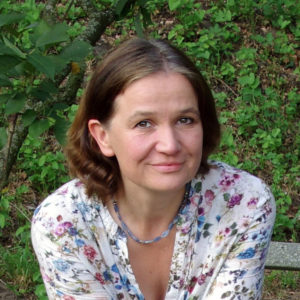Work or life – is that the question?
About our programme’s short feature films
A migrant worker from Afghanistan is kicked out of his job as a janitor and cleaner in an Iranian office tower after 25 years. Droughts, a locust plague and missing aid money drive a Sardinian small farmer into despair. A mother whose toil as a hairdresser has allowed her son to become an author cannot come to terms with the cultural sector. An old shepherd leaves his herd and village, driven by desire for a change in life. Young Mila, both shielded and imprisoned by the tubular office tract of a small business in the Philippines, and Barbara, an energetic woman who takes in refugees and, in exchange for help in the garden, introduces them to German culture: many of our eleven short feature films picture the fields where day-to-day life and work alternate and collide so impressively that we found it apt to choose Work or life as a title to our programme.
What do we work and what do we live for, and what could an environment look like where those opposite poles enter into a fruitful connection? What does a word like working life mean today? None of the films gives an answer, but all of them force us to contemplate how the contradiction introduced by a small word between work or life, the major nouns of our existence, could be resolved.
The films are worth seeing not just because of the characters they show, the accuracy of the settings they choose and the stories they tell. Many also capture our attention by precise camera work, as in Cross My Heart and Hope to Die, which brings the hopeless conditions of an office worker so close to our eyes that we have no chance to escape and, inevitably, come to dissect the term working life like surgeons, with the ultimate challenge to stitch it back together again so as to make sense of it. Too bad that none of the submissions had enough utopian potential to offer a solution. But, who knows, maybe you will discover something we didn’t. If so, we would be happy to learn about it.
Amidst an intense period of global transformation, we are faced with the same big old questions again: Who am I? Where do I belong? Who and what do I really value? Should I stay where I am or move on to pastures new? These are films about stagnation and change, holding on and letting go, life and death, staying and going. Or, sometimes, about putting up with things you cannot change and feeling liberated just therefore. All of this can be found in our selection of eleven films from six different countries.
Two long-time besties meet in their childhood village and plunge into excessive partying, just like in the good old days. But is it really preferable to stay, or should one move on to the city? A farmer boy is to slaughter a pig for the first time in his life. To kill or not to kill? A group of committed young men are planning a project in their hometown. But who knows what it takes to win over the local politicians? Two men decide to live together in the province. But how openly can they show their love, and will they manage to curb the neighbours? A young widow and her daughter carry on working on their late husband’s and father’s tomato farm. Will they be able to keep it going and make up with each other? On a holiday with his parents, a boy explores his mother’s birthplace on his own. Will he make friends there, and will he get the attention from his parents he so wishes for? Tobi returns to his notoriously rainy village and tries to persuade Lotte of the new life he has found. But what is the difference between tight and nice, and what does it all mean? A young man’s hometown is converted into a holiday resort, and he waits patiently for the changes to come. What’s next, and what happened to the water buffalo? An old fisherman finds a soaked coat with documents in it on the beach. Whose is it, and how did it get there? On a mystic ferry trip, the fragments of passengers’ conversations assemble into a mosaic, but where does the ferry go, after all? A young couple dream of starting all over again together, but will they manage to let go of the things that stifle them?
Where all of this leads us and whether the young couple will leave their home – you will learn it if you stay with us to watch the films. Come and travel with us through all these different worlds and have a look at their inhabitants.
Adrian Stuiber on behalf of the Short Feature Film Programme Board
Short Feature Film Programme Advisory Board
Lars Fischer, Imma Harms, Sascha Leeske, Adrian Stuiber



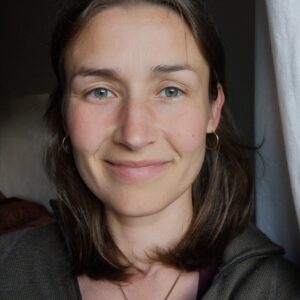
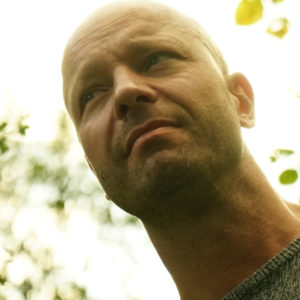
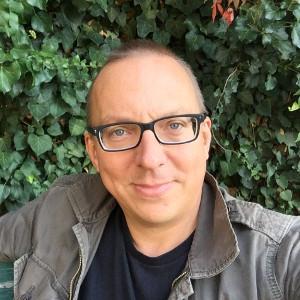
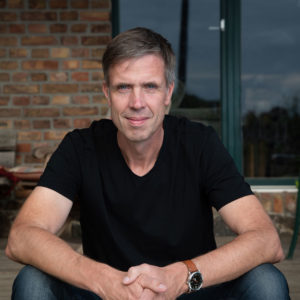
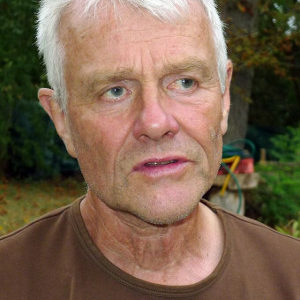
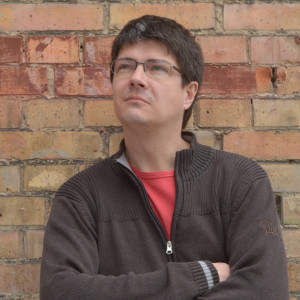


![Lars_Fischer[1] Lars Fischer](https://filmfest-eberswalde.de/wordpress/wp-content/uploads/2015/09/Lars_Fischer1-300x300.png)
